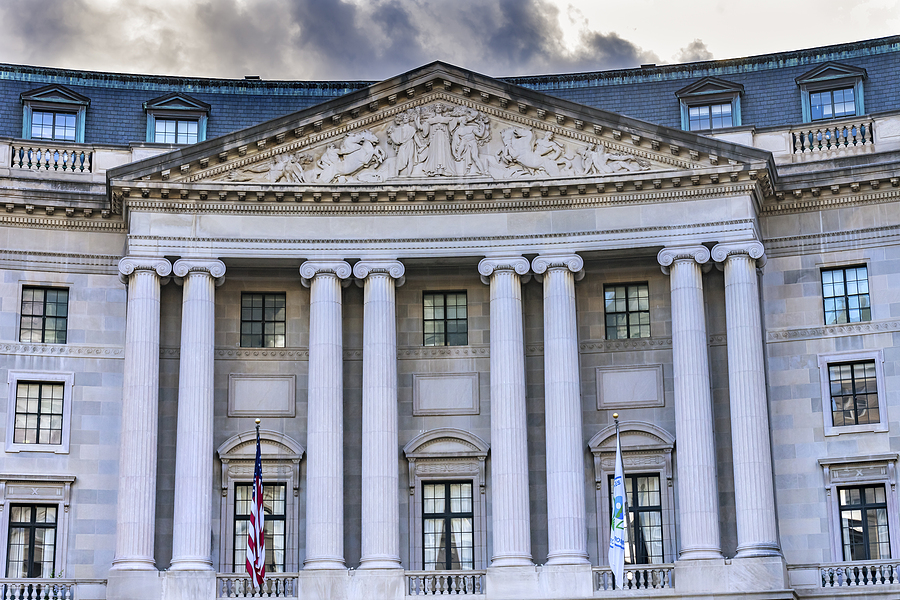
“Largest Investment in Recycling in more than 30 Years”
On September 12th, a press conference was held by the Environmental Protection Agency who disclosed its largest investment in recycling in over 3 decades. Totaling an amount of more than $105 million, these funds will be allocated towards states and local communities.
“We are proud to select 25 communities and every state and territory in the country to receive grants totaling more than $105 million under the two newly created Solid Waste Infrastructure for Recycling funding opportunities, which you may hear referred to as SWIFR grants,” Janet McCabe, the EPA Deputy Administrator stated.
The 25 communities will receive a combined total of $73 million in grant funding, with allowances ranging between $500,000 and $4 million each.
“Projects that will be supported by this investment include, for example, the purchase of new fleets of recycling collection vehicles and bins to provide curbside recycling services for communities currently lacking access, upgrades to material recovery facilities (MRFs) to reduce contamination, enhancements to composting and organics programs and infrastructure and construction of various types of facilities that improve recycling, composting and reuse infrastructure for materials like plastics and food waste,” McCabe added.
$275 Million Allocated from 2022-2026
Enacted by members of both political parties, Congress has reserved a total $275 million from 2022 to 2026 towards grants which are part of the Save Our Seas 2.0 Act, this being a record investment in recycling over a 30-year period. In addition, the EPA’s annual appropriation funds will supplement the total amount.
During a recent announcement, McCabe showcased several projects which have been awarded SWIFR grant funding.
“In Bozeman, Montana, the city will use their Investing in America grant funding to build residential collection infrastructure to provide composting services for up to 7,000 households, which will encourage an increase in collection of organics and food waste while reducing greenhouse gas emissions,” she explained. “In Baltimore, Maryland, the city will develop a solar-powered scalable composting facility co-located with the new east side transfer station. … In Lucas County, Ohio, these funds will go toward the construction of a $16 million countywide single-stream materials recovery facility. This new facility, which will be constructed at the developed site of a former landfill, will create local jobs while allowing the community to process up to 35,000 tons of residential curbside recycling materials each year.”
Funding will be granted to “improve post-consumer materials management programs through developing or updated solid waste management plans and strengthening data collection efforts,” for territories and states, she stated.
Sen. Tom Carper of Delaware was among those to attend the announcement and expounded on the value of the grants from an economic perspective.
“Most people are less aware of how many jobs are created by recycling—recycling all kinds of products across the country—and also promoting economic opportunity,” he disclosed. “With a recycling rate of 30 percent or 32 percent, however—that’s what’s been reported by the EPA—it is clear that we can do better.”
Recipients Share Plans for Funds Received
According to the EPA, $500 billion is being invested in private sector manufacturing and clean energy. This could “create a manufacturing and innovation boom powered by good paying jobs that don’t require a four-year degree.”
Mayor Jacob Frey of Minneapolis announced that $4 million has been allocated in grant funding to assist with the renovation of its North Transfer Station.
“We had already a waste transfer system on the south side,” he commented. “But residents would have to drive across the entire city to get the services they need in order to meet the zero waste goals that we have, and this north transfer station will help so many Minneapolitans be part of being a much cleaner and sustainable city.”
Michael Regan, the current Environmental Protection Agency (EP) Administrator, has identified recycling as one of the nation’s most urgent environmental priorities, alongside battling climate change and improving water quality.
“By investing in better recycling, EPA is deploying resources to provide recycling services across the country, including in disadvantaged communities, while preventing waste that contributes to the climate crisis, supporting local economies and creating good-paying jobs,” he concluded.
